Ethical hacking is more than just a buzzword in the cybersecurity industry. It’s a fundamental practice for identifying and fixing vulnerabilities before malicious hackers can exploit them. Whether you’re new to cybersecurity or aiming to advance your skills, real-life lab exercises play a vital role in transforming theoretical knowledge into practical skills. In this article, I’ll guide you through the importance of learning ethical hacking with real-world labs, the essential skills you’ll gain, and how to make the most of hands-on practice.
What Is Ethical Hacking?
Before diving into real-life labs, it’s essential to understand what ethical hacking entails.
Definition of Ethical Hacking
Ethical hacking refers to the authorized practice of probing a system, network, or application to identify vulnerabilities and weaknesses before they can be exploited by hackers. These activities are typically carried out by cybersecurity professionals who help organizations improve their security posture.
Key Concepts of Ethical Hacking
-
Penetration Testing: This is a simulated cyberattack that aims to find vulnerabilities in a system or network.
-
Vulnerability Assessment: A vulnerability assessment identifies weak points within a system, network, or application and helps prioritize which issues to fix.
-
Security Auditing: It involves reviewing the security policies, systems, and procedures of an organization to ensure they are up to industry standards.
Why Real-Life Lab Exercises Are Essential for Ethical Hacking
You might have read countless books or watched tutorial videos about ethical hacking, but nothing compares to the hands-on experience provided by real-life labs.
Why Practice Matters More Than Theory
While theoretical knowledge is important, ethical hacking is about testing and identifying security issues in real-time. Real-life labs provide a platform for you to simulate attacks, experiment with different tools, and learn through doing, which enhances your understanding and makes your skills applicable in real-world situations.
-
Real-World Simulations: Labs give you access to virtual systems where you can practice various hacking techniques without the fear of harming actual systems.
-
Immediate Feedback: In real-life labs, you get immediate feedback on what worked and what didn’t, allowing for faster learning.
Mistakes in a Controlled Environment
One of the biggest benefits of real-life labs is the freedom to make mistakes. In the real world, a single error could have dire consequences, but in a lab environment, mistakes are valuable learning opportunities. You’ll gain insights into how attacks work, what could have been done differently, and what tools or methods can be employed to prevent these vulnerabilities in the future.
Skills You Can Learn Through Real-Life Lab Exercises
Real-life lab exercises offer a wide range of skills that are necessary for becoming a proficient ethical hacker.
Vulnerability Scanning and Exploitation
Vulnerability scanning is one of the first steps in ethical hacking. It involves using tools like Nmap, Nessus, and OpenVAS to scan networks for known vulnerabilities. After identifying weaknesses, you can move on to exploiting them with tools like Metasploit to test how deep the vulnerabilities go.
-
Scanning: Identify open ports, services, and potential attack vectors.
-
Exploitation: Understand how an attacker would exploit a vulnerability and the impact of such an attack.
Penetration Testing Basics
Penetration testing (pen testing) is at the core of ethical hacking. Real-life lab exercises will teach you how to perform a penetration test step-by-step.
-
Information Gathering: Learn to gather information about the target system.
-
Exploiting Vulnerabilities: Use tools and techniques to gain unauthorized access.
-
Post-Exploitation: Understand how to maintain access and gather valuable data.
Network Mapping and Analysis
Network mapping and analysis help you understand how devices communicate within a network. Tools like Wireshark and Nmap help you uncover hidden network structures and identify potential attack surfaces. By analyzing traffic and network paths, you’ll be better prepared to protect against network-based attacks.
Malware Analysis and Reverse Engineering
Malware analysis involves dissecting malicious code to understand how it functions. By using tools such as IDA Pro and OllyDbg, real-life labs allow you to reverse-engineer malware samples and understand their behavior. This skill is vital for detecting and neutralizing malware threats in real-world scenarios.
-
Static Analysis: Study the malware’s structure without executing it.
-
Dynamic Analysis: Run the malware in a sandbox to see how it behaves in real-time.
Incident Response
Real-life labs provide scenarios where you need to respond to a security breach. You’ll learn how to contain the attack, preserve evidence, and identify the source of the incident. Practicing incident response helps you quickly adapt in a real-world situation where timing is critical.
-
Containment: Learn how to stop an attack while minimizing damage.
-
Analysis and Remediation: Identify the root cause and fix the vulnerabilities that led to the breach.
Top Platforms to Learn Ethical Hacking with Real-Life Labs
Several online platforms provide real-life lab environments where you can learn ethical hacking techniques. Here are some of the best platforms that offer both beginner and advanced levels of exercises:
Hack The Box
Hack The Box is an online platform that allows users to hack into virtual machines in a legal, controlled environment. It offers a wide variety of challenges that help hone different skills in ethical hacking.
-
Key Features:
-
A large variety of machines and scenarios.
-
Challenges that range from beginner to expert.
-
Active community support for troubleshooting.
-
TryHackMe
TryHackMe offers guided paths to ethical hacking learning. It’s designed for beginners but also has more complex scenarios for advanced learners. The platform provides real-world, hands-on challenges with a strong community presence.
-
Key Features:
-
Interactive, guided learning paths.
-
Step-by-step tutorials with real-time feedback.
-
A variety of rooms for penetration testing, forensics, and more.
-
RangeForce
RangeForce provides cloud-based simulations for ethical hacking and cybersecurity skills. This platform offers a variety of scenarios, allowing you to practice different types of attacks and defenses.
-
Key Features:
-
Real-time cybersecurity exercises.
-
Focus on offensive and defensive strategies.
-
Team-based challenges that mimic real-world scenarios.
-
Cybrary
Cybrary is a widely recognized platform for cybersecurity courses, including ethical hacking. It provides video-based training with access to hands-on labs. Cybrary is suitable for those pursuing certifications like CompTIA Security+ and Certified Ethical Hacker (CEH).
-
Key Features:
-
Comprehensive video tutorials and lessons.
-
Labs for various cybersecurity techniques.
-
A wide range of courses catering to both beginners and professionals.
-
PentesterLab
PentesterLab focuses specifically on penetration testing and vulnerability assessment. It offers a variety of vulnerable machines and step-by-step guides that help you understand real-world penetration testing tactics.
-
Key Features:
-
Vulnerable virtual machines to practice on.
-
Focus on real-world, hands-on penetration testing.
-
In-depth walkthroughs and solutions.
-
How to Maximize Your Learning from Real-Life Lab Exercises
To make the most of real-life lab exercises, it’s crucial to approach them systematically.
Set Clear Goals and Objectives
Setting clear learning goals before jumping into a lab helps you stay focused and makes the learning process more effective. Decide what you want to accomplish in each session, whether it’s mastering a specific tool or learning a new hacking technique.
Consistent Practice and Review
Ethical hacking skills are developed over time, and consistency is key. Regular practice ensures that you’re continuously improving. Make sure to review older labs to refresh your memory and build on your previous learning.
Join a Community
Becoming a part of a cybersecurity community can enhance your learning experience. Communities often provide insights, tips, and advice from experienced professionals. They also offer a space to discuss challenges and collaborate on solutions.
Challenge Yourself with More Complex Labs
As you gain confidence, challenge yourself with more difficult labs. These might include advanced penetration tests or labs that simulate real-world network environments. The more complex the scenario, the more you’ll learn.
Ethical Considerations and Legalities in Ethical Hacking
Ethical hacking must always be carried out with permission and in compliance with the law.
What Makes Hacking “Ethical”
For hacking to be ethical, it must be done with explicit consent from the owner of the system or network. Ethical hackers work under strict rules to ensure that their actions do not cause harm.
Legal Pitfalls to Avoid
Unlawful hacking, even with good intentions, is illegal. Always get proper authorization before engaging in any ethical hacking activities. Violating these rules can lead to severe legal consequences, even for ethical hackers.
My Opinion
Learning ethical hacking through real-life lab exercises is an excellent way to develop practical skills. Hands-on labs allow you to practice what you’ve learned and gain valuable experience in identifying and exploiting vulnerabilities. By participating in these exercises, you can gain the skills and confidence needed to enter the field of cybersecurity and protect organizations from real-world threats.
With platforms like Hack The Box, TryHackMe, and Cybrary offering various lab exercises, now is the perfect time to start your journey into ethical hacking. Stay committed, practice regularly, and be ethical in your actions. The world of cybersecurity needs skilled professionals like you.

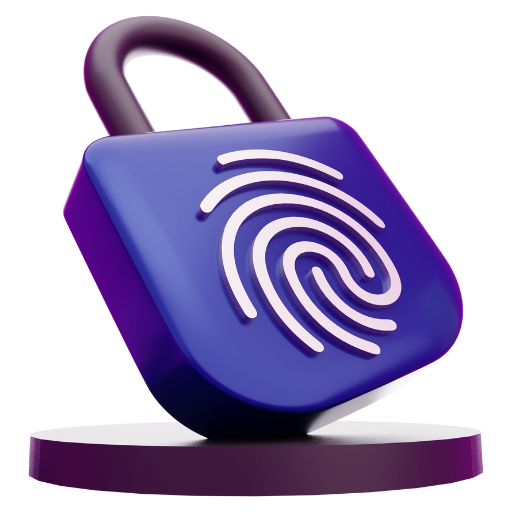


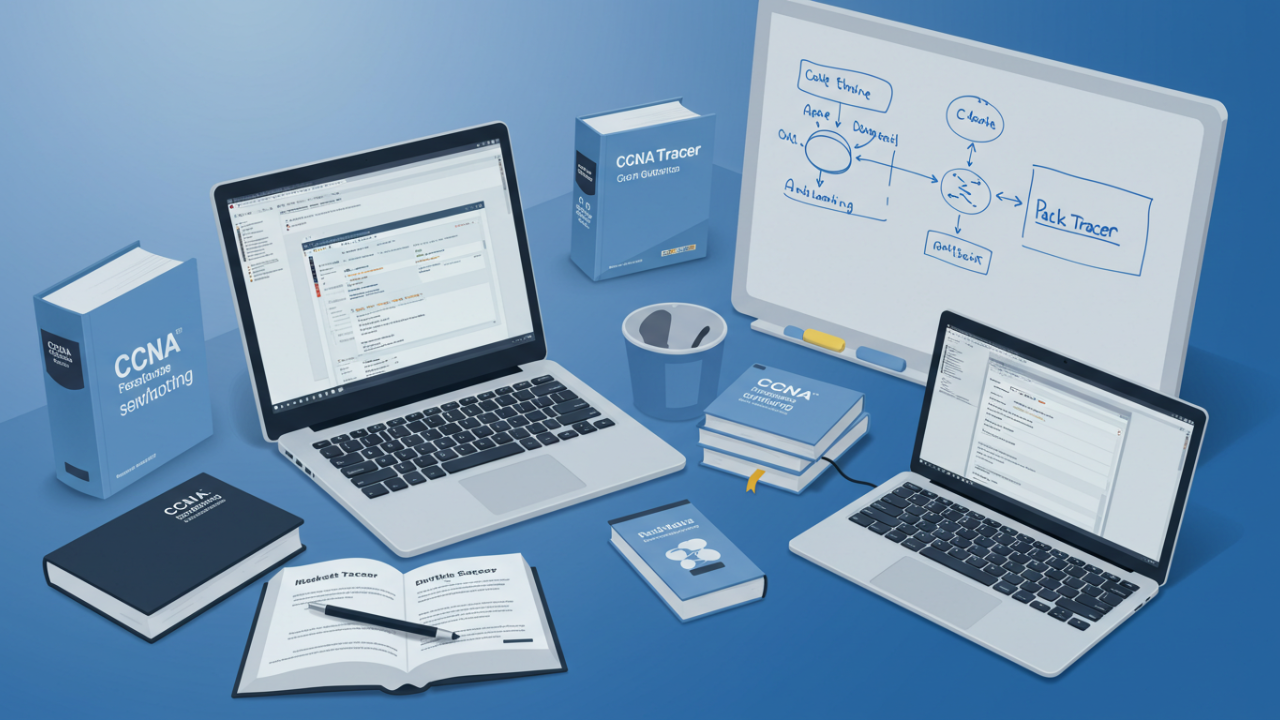


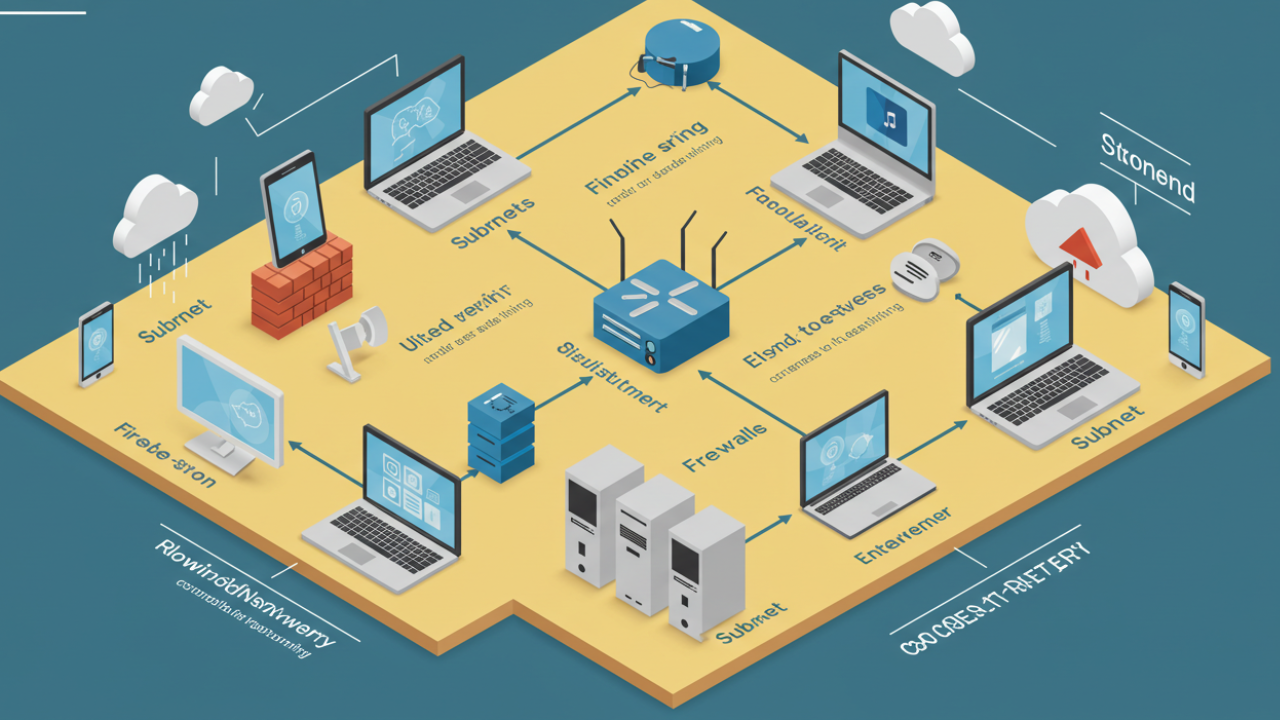
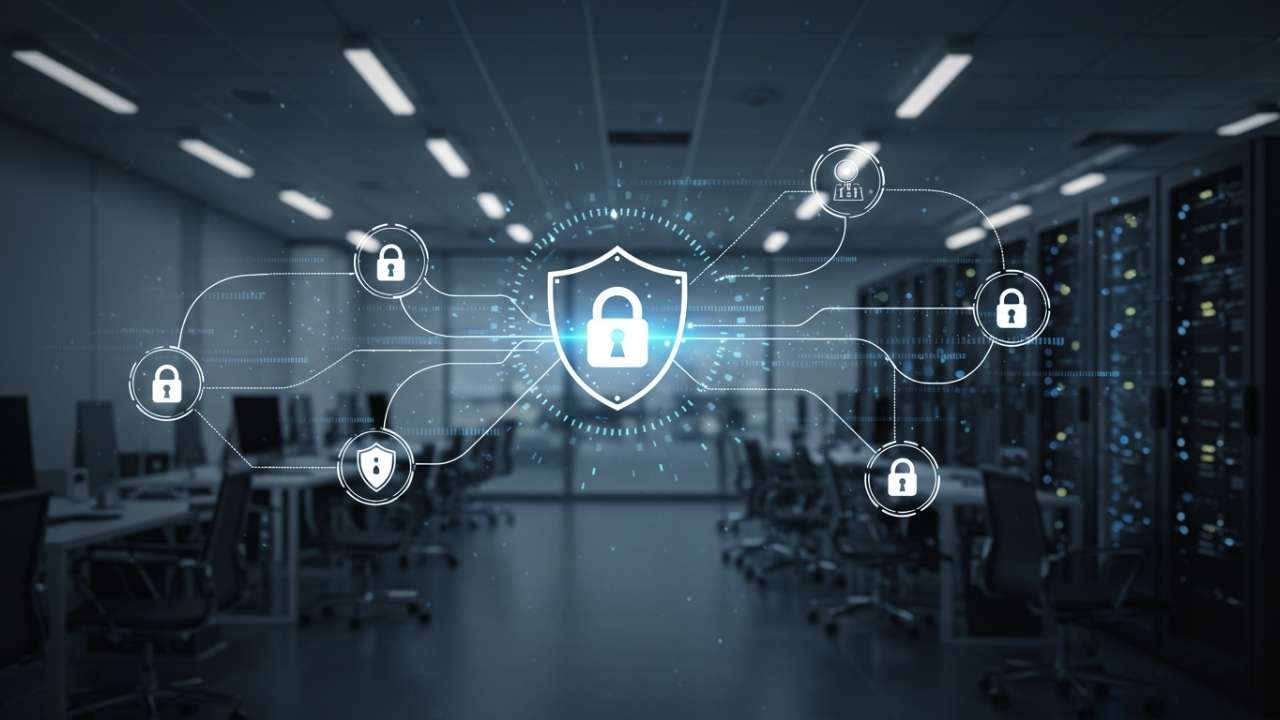


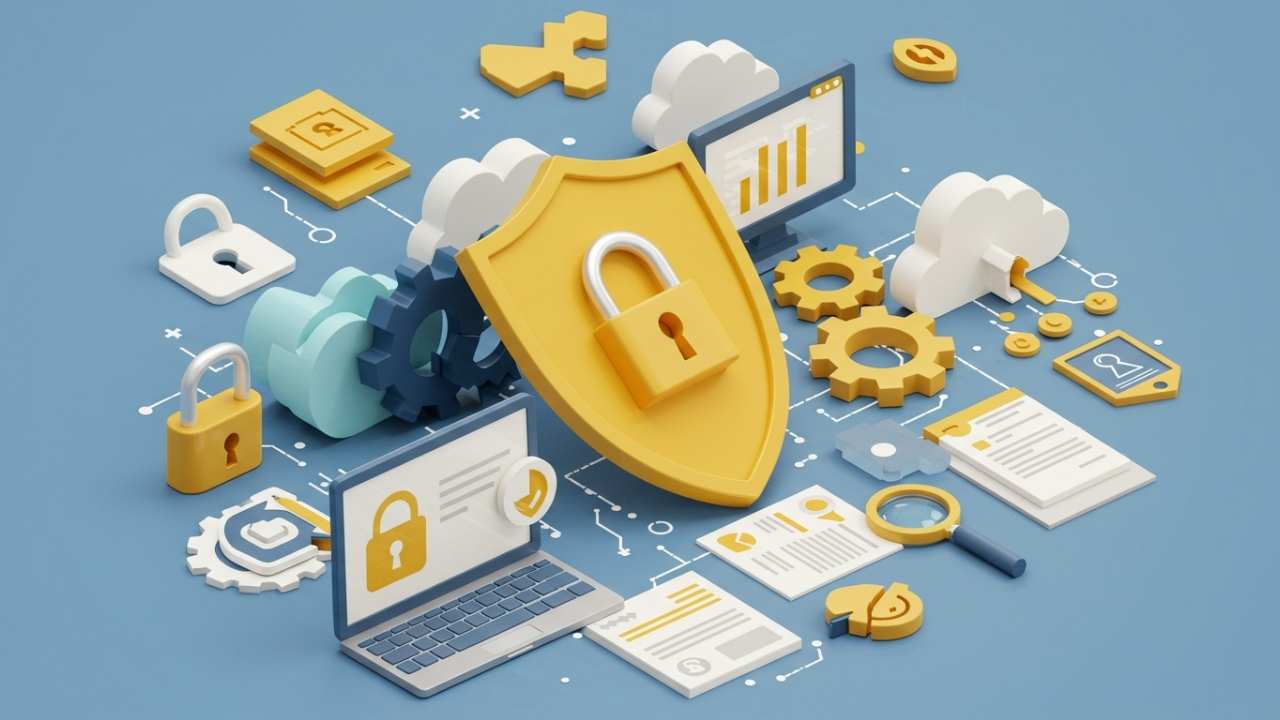



Leave a Reply